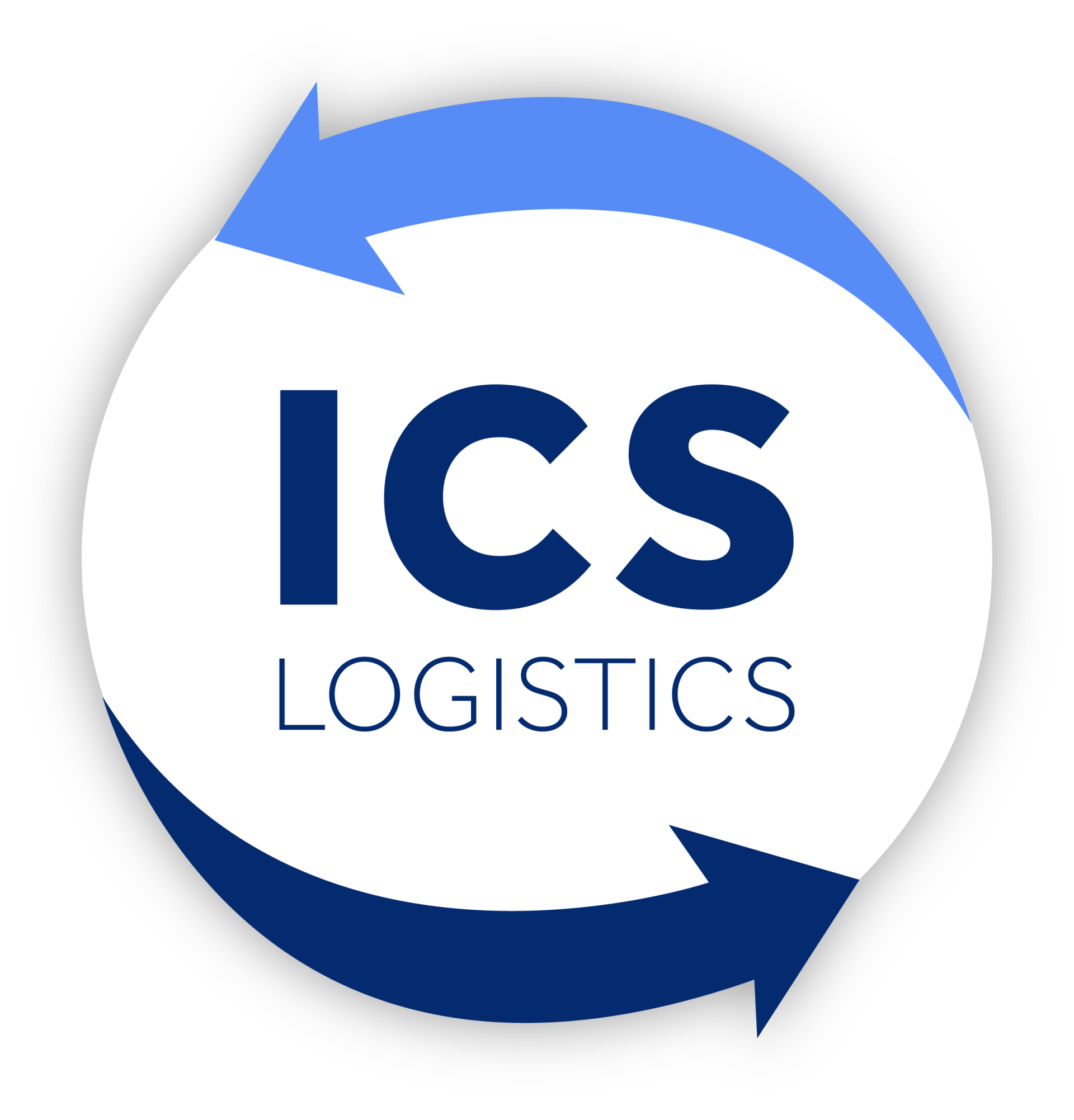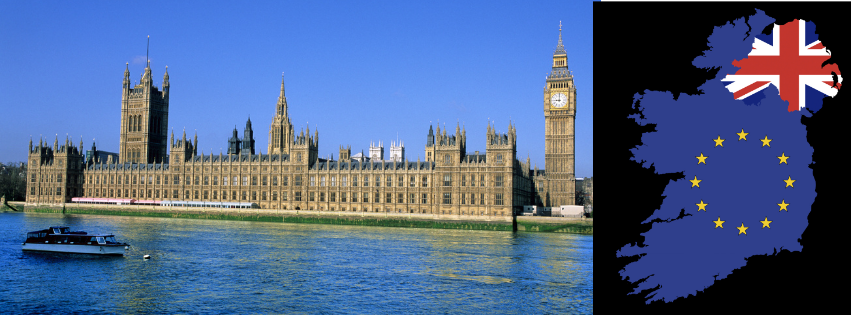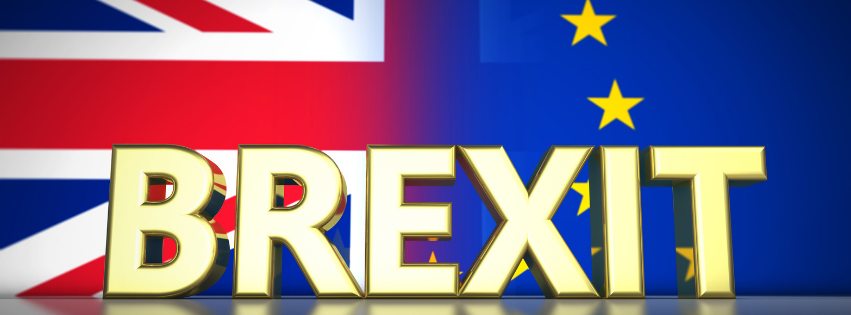Brexit and Customs Clearance
Ian Simmonds • 17 October 2019
Transitional Simplified Procedures
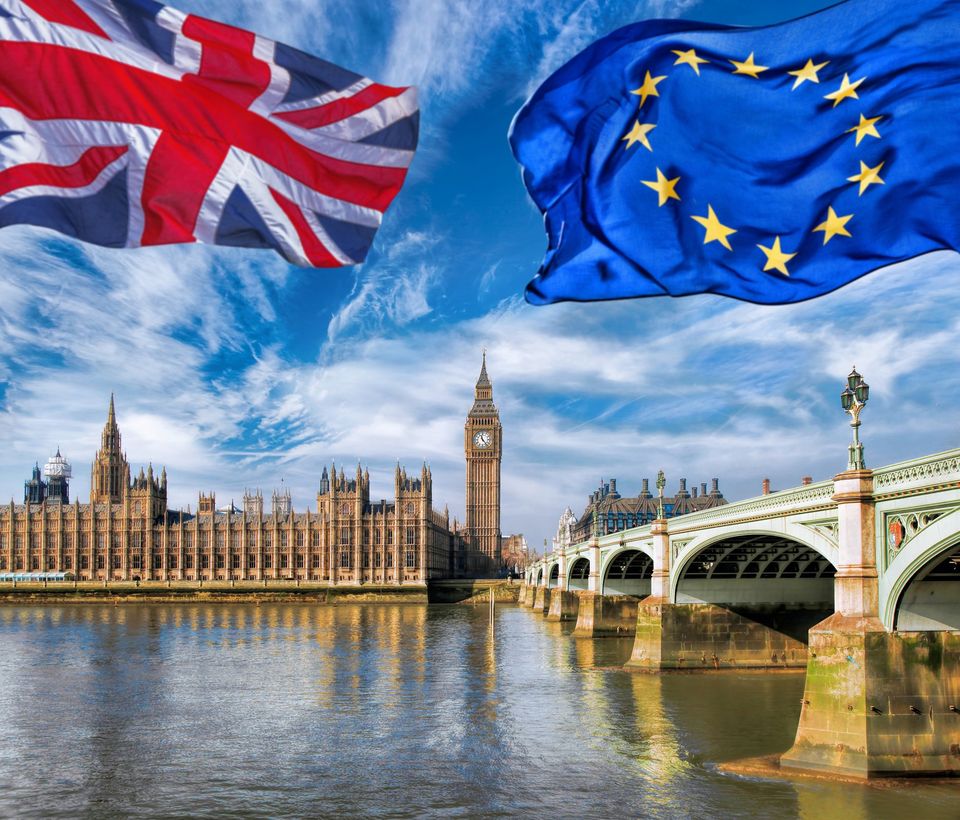
Brexit and Customs Clearance
However, an importer will still need to submit a customs declaration after their goods have crossed the UK border. The customs procedure can be frustrating, difficult and costly, if you get it wrong.
For example, you will need the correct commodity codes of the items you are importing to determine any duty payable on your import.
What are commodity codes?
The World Customs Organization (WCO) has developed a multipurpose international product nomenclature known as the Harmonized Commodity Description and Coding System (HS Codes). The six-digit code is regulated by the WCO and that means the first six digits of the tariff are the same in most countries.
The EU use an eight-digit coding system comprising of the HS codes with further EU subdivisions, this is called the Combined Nomenclature (CN). The CN serves as the EU's common customs tariff and provides statistics for trade inside the EU (intra-EU trade statistics) and between the EU and the rest of the world.
The EU hold commodity codes in a database called the TARIC, or Tariff Intégré Communautaire. This integrated tariff comprises of the eight-digit code Combined Nomenclature, plus two additional digits (TARIC subheadings).
The Integrated Tariff of the UK is based on the Combined Nomenclature (CN) eight-digit coding system for classifying goods. The Integrated Tariff is formatted, with the first two digits of the tariff code representative of the name of the trade tariff chapter, digits three to eight apply to headings within the chapters and numbers nine and ten determine the duties.
Product example:
Code Description Classification type
64 Footwear Harmonized System (HS) Chapter
64 06 Parts of footwear Harmonized System (HS) Heading
6406 10 Shoe uppers Harmonized System (HS) Subheading
6406 10 10 Leather Combined Nomenclature (CN) Subheading
6406 10 10 10 Hand-made TARIC Subheading
Getting the commodity code wrong!
Incorrectly classifying a product can lead to incorrect duty payments, border delays, non-compliance penalties, seizure of the products and a denial of import privileges.
Unless you are incredibly well versed in customs clearance, you’ll probably be wanting some help and we can help.
If you would like more details, please call +44 (0) 118 932 8447 or emailinfo@icslogistics.co.uk

We provide IOR services for foreign importers and take care of every phase of the importation from customs clearance to the payment of duties and taxes. As the IOR for your products we are responsible for all paperwork relating to import of your products, customs classification and we will arrange the payment of duties and taxes.
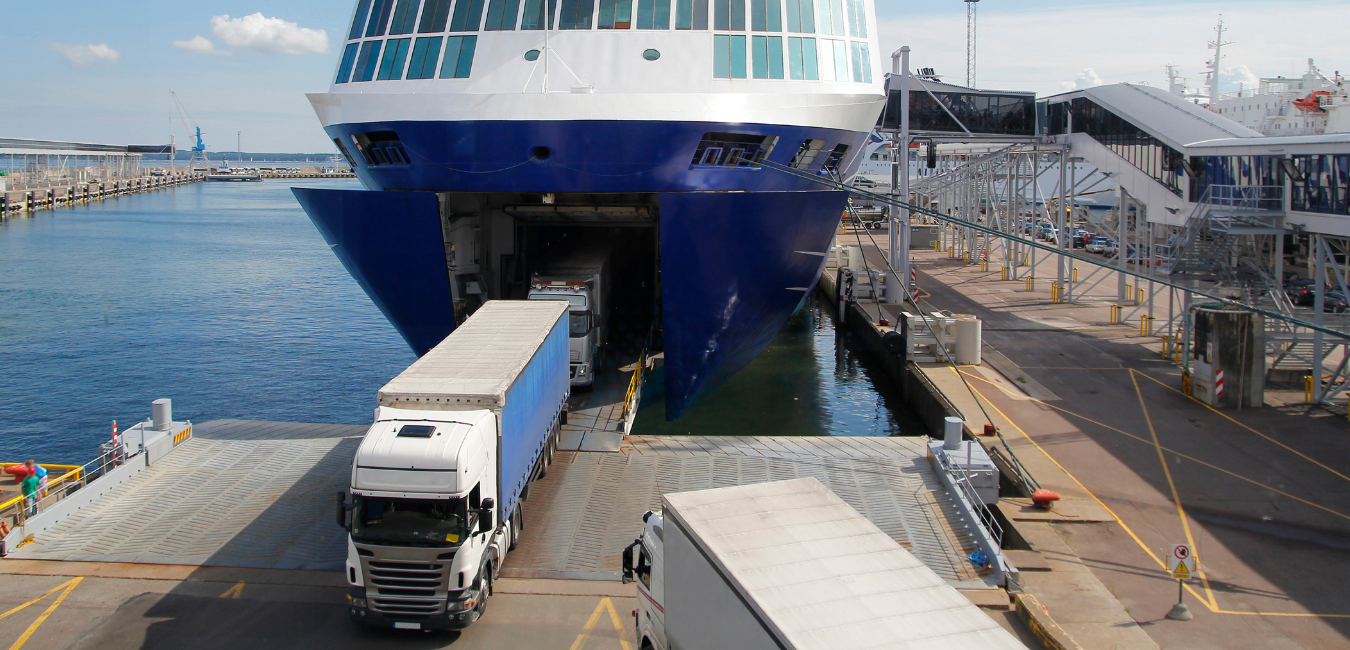
A manufacturer in Germany supplies EU qualifying products to a GB company and zero tariffs applies. The GB company places the products within their common stock warehouse and later they are purchased by a company in the Republic of Ireland. Under the TCA rules of origin for preferential trade, these goods when imported into Ireland are not covered by the agreement and full tariffs apply.
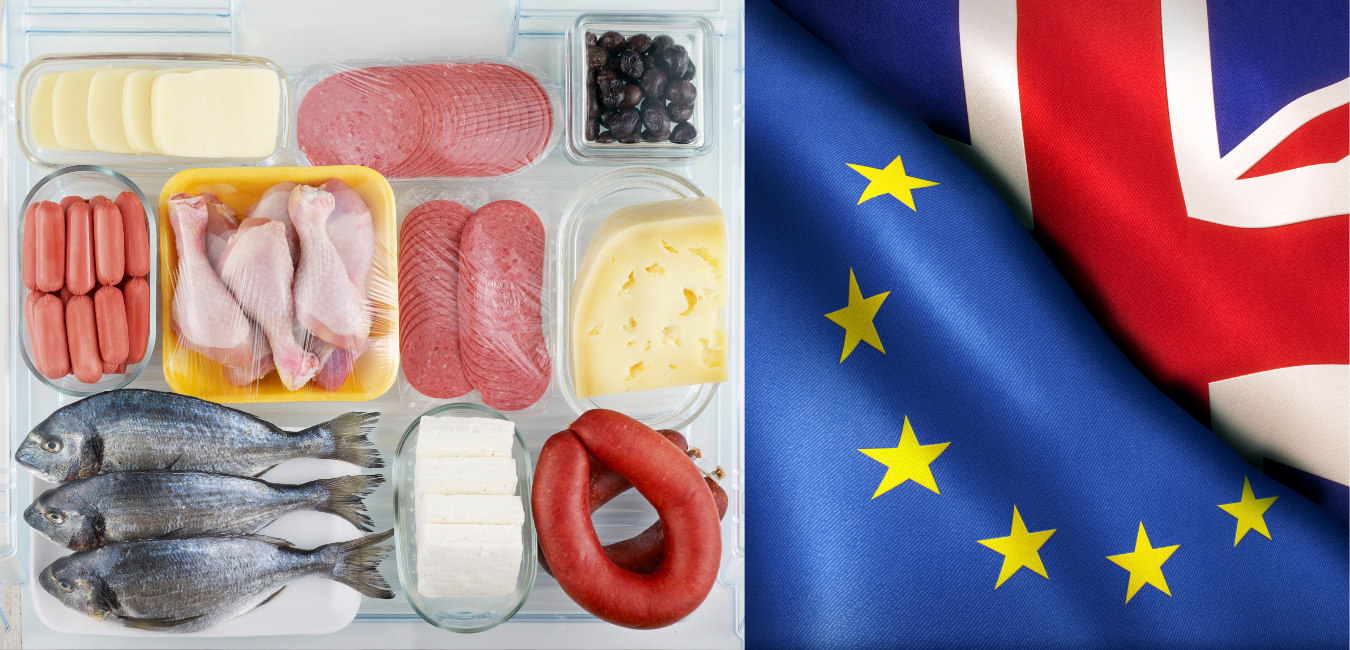
Not having clearly defined export / import processes with the EU caused unnecessary documentation issues resulting in long delays at the ports and some vehicles being sent back to the UK. Exporters of food products from Great Britain (GB) were especially impacted due to their Export Health Certificates (EHCs) not being compliant with EU import regulations. Food exporters and their Official Veterinarians complete and issued these certificates in compliance with the directives of the Department for Environment Food & Rural Affairs.
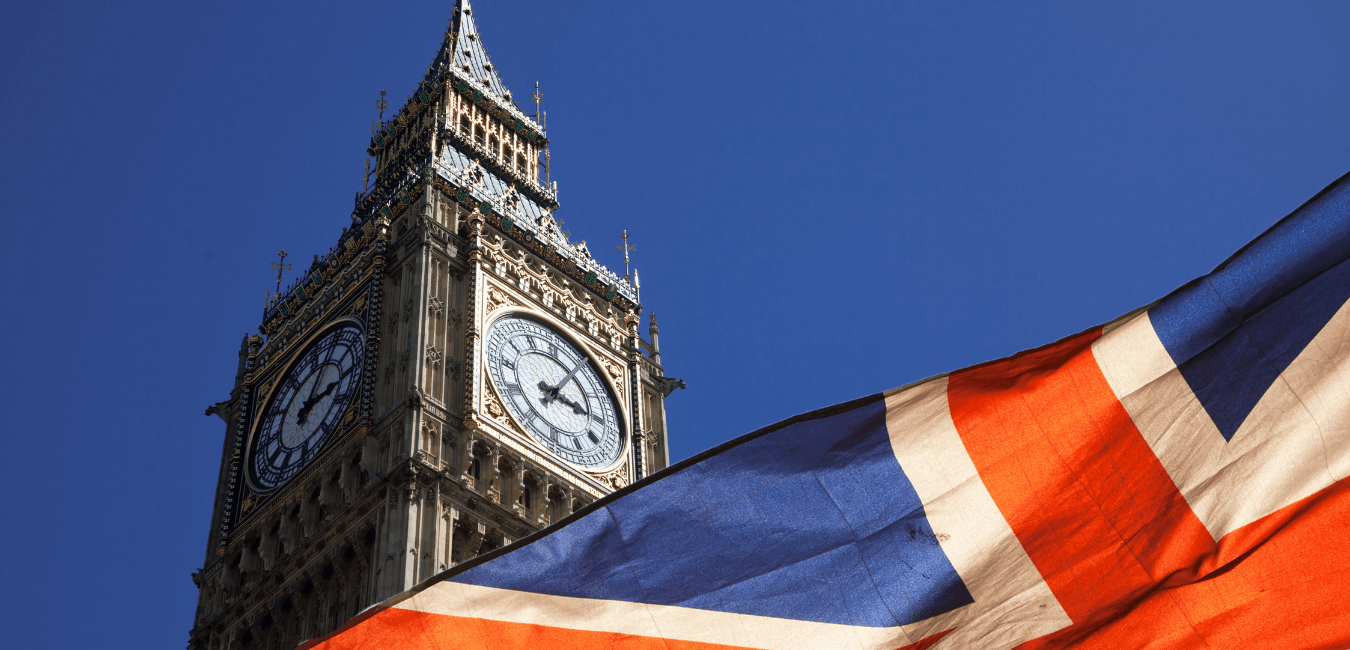
We have been developing contingency plans to ensure our customers’ products are delivered correctly after 1 January 2021. Significant changes will occur once the UK has left the EU. All UK businesses will be required to provide Customs documentation for products exported to, or imported from the EU, even with the ‘EU Deal’ on Brexit.
ICS, as part of our customer services, will be supporting companies with the necessary Customs documentation to comply with the new regulations.
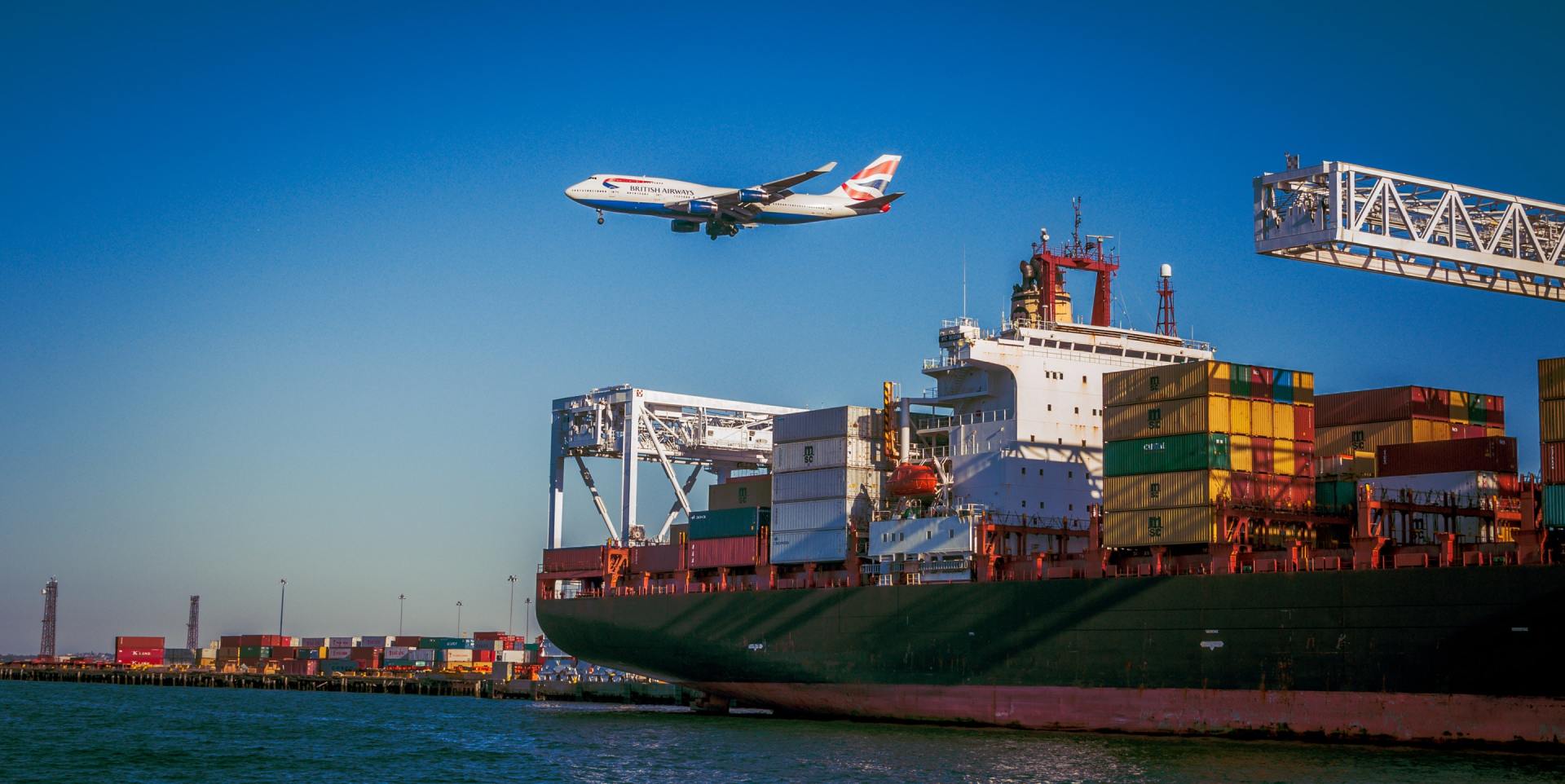
The Government announced, during the Budget, that on 1 January 2021 Postponed VAT Accounting (PVA) will be introduced on imports. Currently, imported goods from a non-EU country are liable for payment of import VAT at the same time as customs duty. The process will provide importers with a new cashflow benefit, as they will be able to postpone VAT at the time of import, as opposed to paying it immediately upon importation.
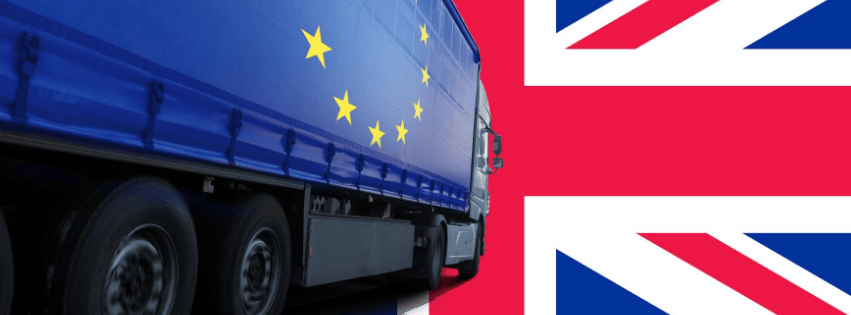
The UK Government have stated that on 1 January 2021 the transition period with the European Union (EU) will end and the United Kingdom (UK) will operate a full, external border as a sovereign nation. This means that controls will be placed on the movement of goods between Great Britain (GB) and the EU.
The UK Government have recognised the impact of coronavirus on UK businesses’ ability to prepare and therefore have announced that they will implement full border controls on imports coming into GB in three stages up until 1 July 2021.
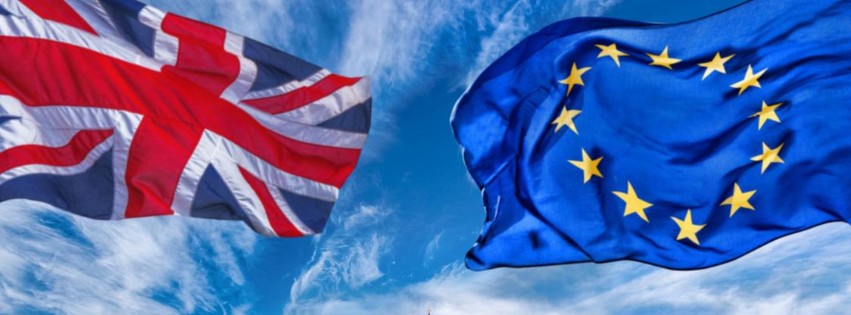
The UK Government has now released their new Import and Export Guides for the end of the Transition Period. The guides have been designed to provide a step-by-step process and aim to provide clarity around what is required at the end of the year. When it comes to following the new import / export processes and completing your Customs declarations, we can provide you with assistance and support.
